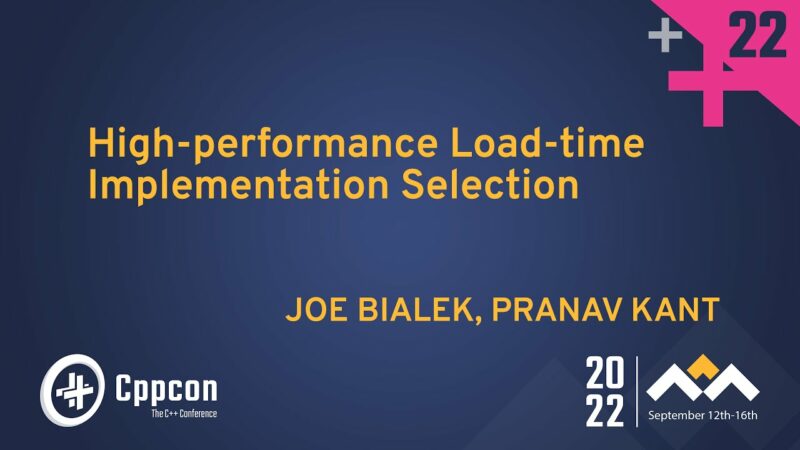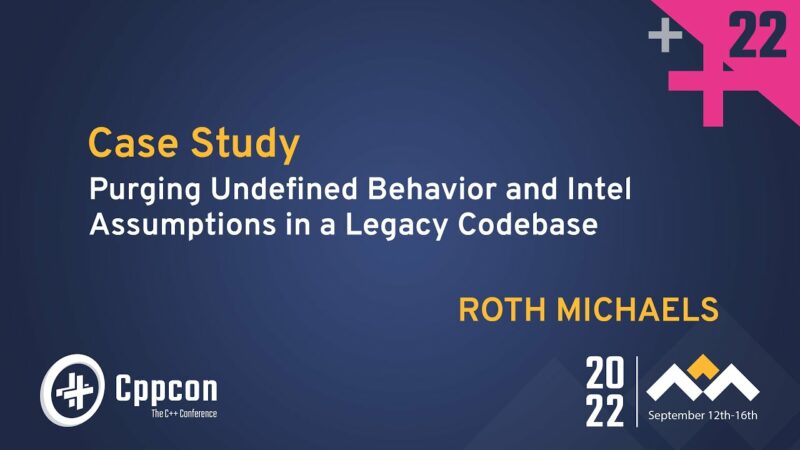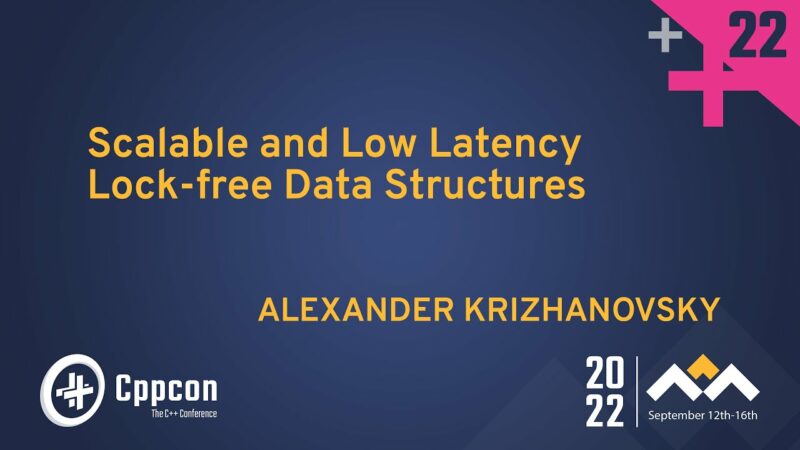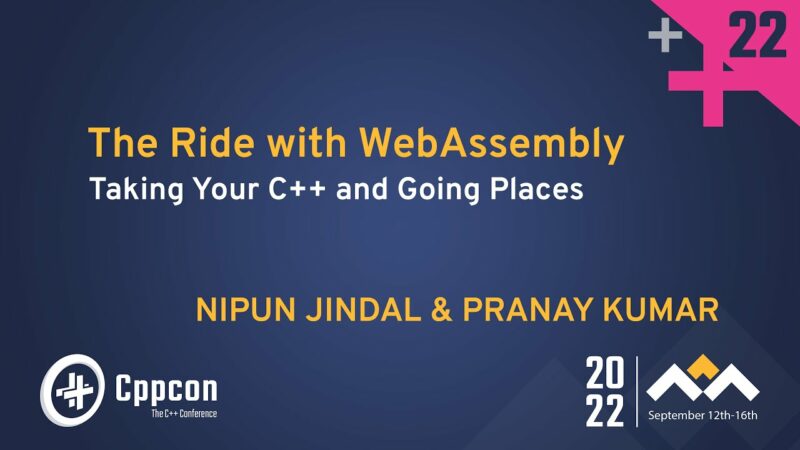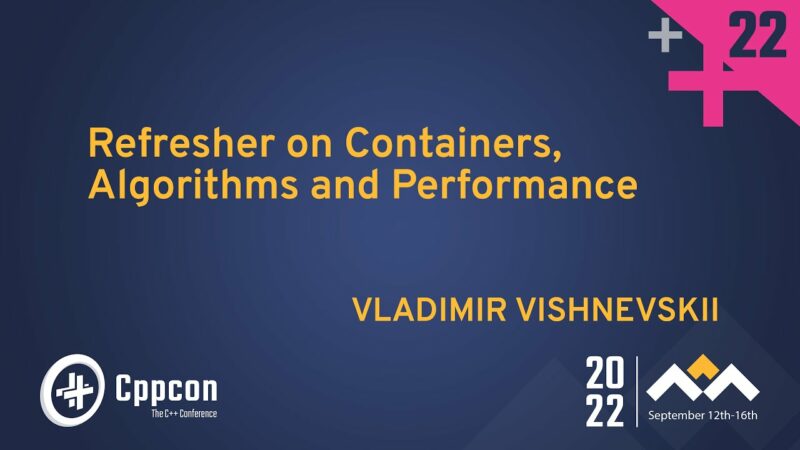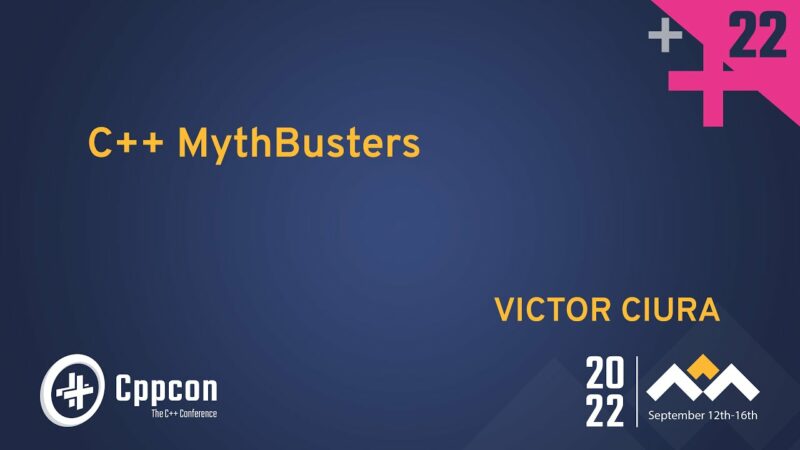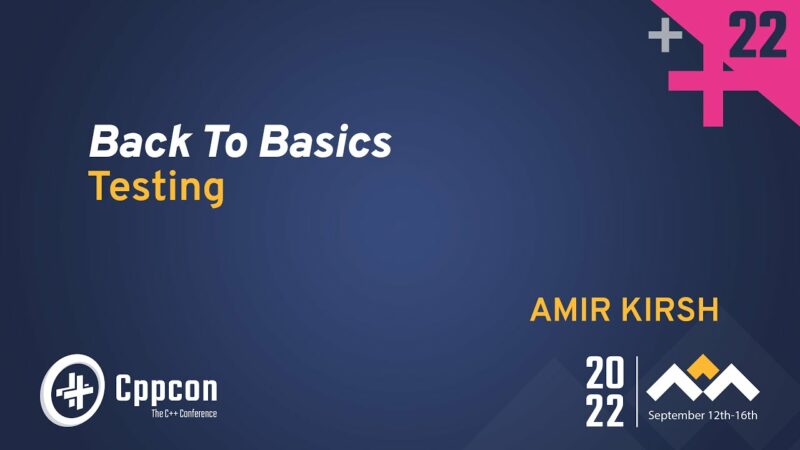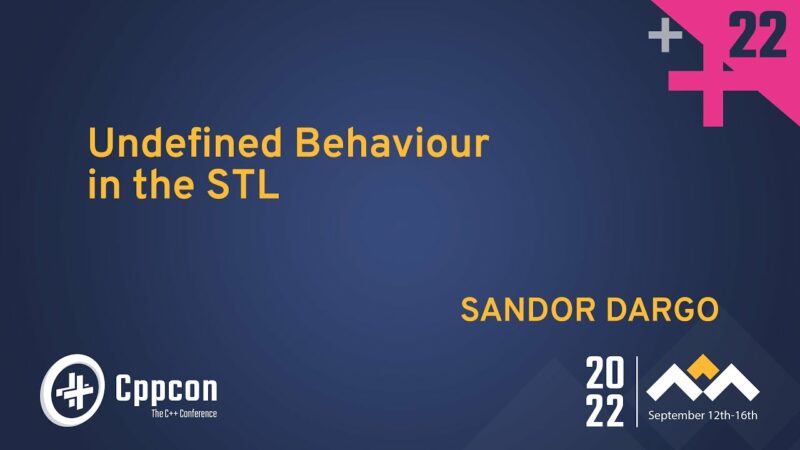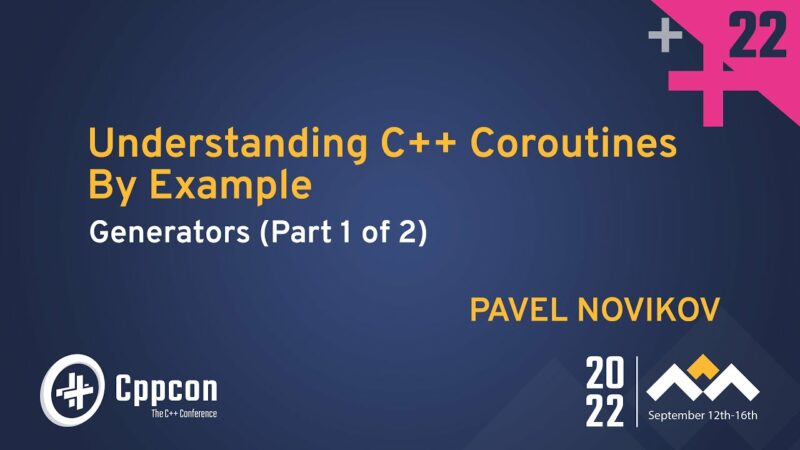https://cppcon.digital-medium.co.uk/tag/cppcon/">cppcon.org/
---
C++ for Enterprise Applications - Vincent Lextrait - CppCon 2022
https://github.com/CppCon/CppCon2022
C++ is paradoxical, it has one of the largest shares of the number of back-end transactions processed in the world (possibly the largest), most of the large Enterprise Applications are C++-based, and C++ has one of the smallest in number of Enterprise Applications (Source: SlashData, "State of the Developer Nation" 22nd Edition, Q1 2022).
The presentation offers an explanation of why this is the case, and shows a number of high-level abstractions examples that we developed and that can leverage C++ unique meta cppcon.digital-medium.co.uk/tag/programming/">programming capabilities and resolve long-running issues that Enterprise Application developers face, namely:
- How to build a sophisticated Referential Integrity system, abstracted from document databases, which is more powerful and faster that what relational databases offer today, and can be specified in a very concise manner (an ontology).
- How this Referential Integrity offers as a byproduct automatic objects destruction, in a way which is much faster than Garbage Collection techniques, more frugal than reference counting with the same guarantees, and without deadlocks.
- How to replace SQL with fast compiled C++ functions attached to semantic attributes declared in C++ classes.
- We propose to give also a glimpse (without details) of numerous additional useful Enterprise Applications-related abstractions that C++ meta cppcon.digital-medium.co.uk/tag/programming/">programming allows.
---
Vincent Lextrait
Vincent has been a C++ developer for 3 decades. Before founding Metaspex, he worked 20 years at Amadeus and was in charge of hiring and managing the team that turned Amadeus from a mainframe-based operation to the largest Enterprise Application in the world (40,000 tps average), based on open-systems. Before that Vincent worked for various Tech companies, including Ilog (acquired by IBM).
---
Videos Filmed & Edited by Bash Films: http://www.BashFilms.com
YouTube Channel Managed by Digital Medium Ltd https://events.digital-medium.co.uk
#cppcon.digital-medium.co.uk/tag/cppcon/">cppcon #cppcon.digital-medium.co.uk/tag/programming/">programming #cpp



